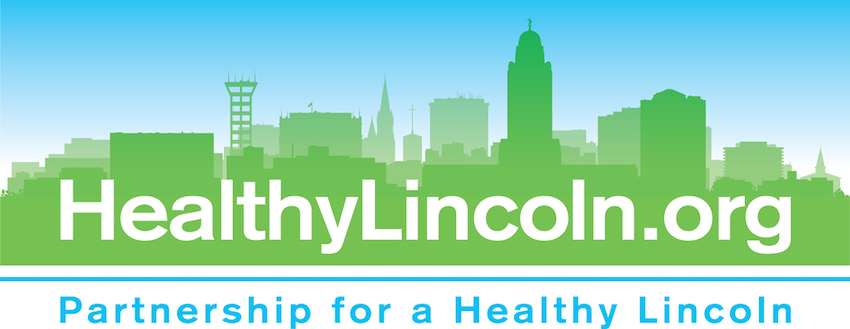Quick links:
Recommendations Support Resources Community Resources
Cultural Peer Support/Community Breastfeeding Educators Returning to Work, School
The Benefits of Breastfeeding for Mom and Babies
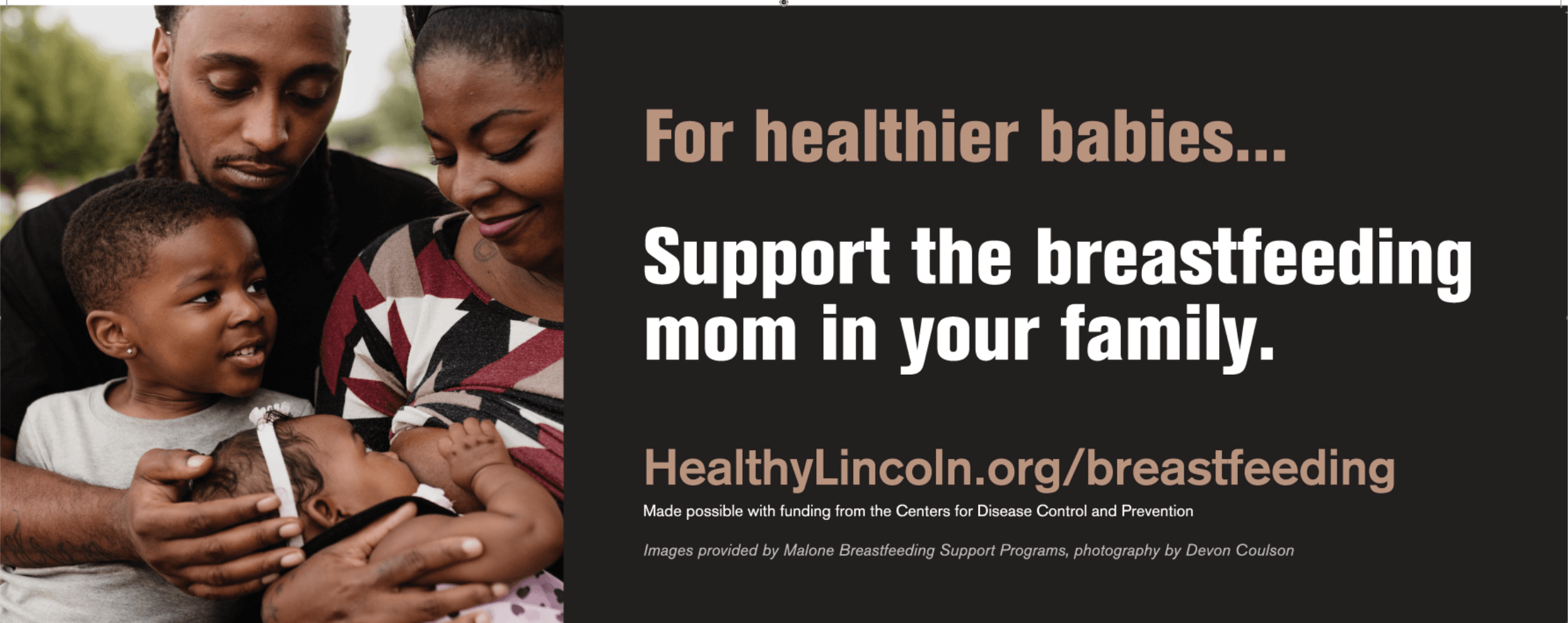
For Babies
Recent research shows that if 90% of families breastfed exclusively for 6 months, nearly 1,000 deaths among infants could be prevented. Breastfeeding has also been shown to significantly decrease the risk of acute infections as well as the development of type I and type II diabetes, and childhood leukemia. Additionally, breastfeeding is associated with fewer cases of Sudden Infant Death Syndrome (SIDS).
Recent and past studies have also shown that children who nursed for the recommended duration had fewer colds, ear, and throat infections, fewer hospitalizations for respiratory infections, and a reduced risk of asthma. They even scored higher on intelligence tests.
For Mom
But the benefits don’t end with the child. Mothers who breastfeed have a lower incidence of breast and ovarian cancer, cardiovascular diseases, type II diabetes, and post partum depression. (Source: US Dept of Health and Human Service, Women's Health Office)
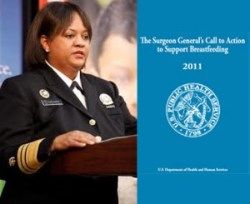
Breastfeeding Recommendations
In 2011, the US Surgeon General issued a national Call to Action to Support Breastfeeding. This report recommends widespread community efforts to create a supportive environment for new mothers in order to increase breastfeeding rates and improve the health of the nation. The American Academy of Pediatrics and the American Academy of Family Physicians were joined in February 2016 by the American College of Obstetricians and Gynecologists in recommending babies be exclusively breastfed for the first 6 months, with continued breastfeeding as complementary foods are introduced through the infant’s first year of life or longer as mutually desired by mother and infant.
A Great Decision, But Not Always Easy
- Local data from the two maternity care hospitals in Lincoln, reports that 91% of moms intend to breastfeed.
- According to the 2020 Center for Disease Control and Prevention Breastfeeding Report Card, while infants born in 2017 started breastfeeding (84.1%), only 58.3% of infants were breastfeeding at 6 months. The percentage of breastfed infants supplemented with infant formula before 2 days of age was 19.2% among infants born in 2017, an increase from 16.9% among infants born in 2016.
- Local Women, Infants and Children (WIC) Data – Lancaster County most recent data (Oct. 2020 through Sept. 2021) show that 82.4% mothers in the WIC program began breastfeeding, but by 6 months, only 26.0% were still breastfeeding.
This data implies that while most moms intend to breastfeed, most are not making it to the 6 month mark. Why? Mom’s report three significant challenges to breastfeeding for the recommended duration:
- Lack of family support and encouragement
- Lack of workplace support
- Inconsistent or sparse information from healthcare providers
Moms need more support. Below are links where moms can find help.
Support Resources
What to Expect in the Hospital - Breastfeeding friendly hospital procedures.
Skin to Skin (Sacred Hour) - The first hours after delivery are an important time. Immediate mother and child skin to skin contact is recommended and encouraged with many benefits for both baby and mother. View or download Skin to Skin poster/flyer
Lactation Consulting - Learning to Breastfeed, Breastfeeding Challenges - Some practices have certified lactation (breastfeeding) consultants on staff to answer your questions about breastfeeding. If you need help getting started or are experiencing difficulties and/or pain with breastfeeding, talk to an IBCLC (International Board Certified Breastfeeding Consultant) in your provider office or contact MilkWorks to talk to an IBCLC on staff there.
Breastfeeding FAQs - At this link, find the answers to the most commonly asked questions about breastfeeding (Womenshealth.gov)
Building Your Family Support Network - Building family support for your choice to breastfeed helps everyone share in the joy of the new baby.
Marijuana Use and Breastfeeding - Consuming marijuana (cannabis, weed, pot, etc.) can affect the health of your baby and is not recommended for women who are pregnant, breastfeeding, who plan to become pregnant soon, or are caring for a child. Click on the link to view or download an informational flyer.
Lincoln Community Breastfeeding Initiative Resource Guide.
Mother’s Milk Depots
Donor milk is a wonderful way for babies to receive human milk when a mother is unable to provide enough milk for her own baby. It is particularly helpful to nourish premature babies. When a mother’s own milk is not available, the American Academy of Pediatrics recommends that premature infants receive pasteurized milk from human donors. Donor breast milk helps preterm or medically fragile babies build strong immune systems and is easier on their digestive systems. If you have excess milk and would like to donate or just want more information, visit these links:
MilkWorks
Cultural Peer to Peer Support
Through a joint collaboration with Partnership for a Healthy Lincoln, MilkWorks and the Asian Community and Cultural Center, mothers from a variety of cultures, trained as Community Breastfeeding Educators (CBEs), are available to provide peer to peer breastfeeding support to mothers in their homes and communities. MilkWorks, a non-profit dedicated to supporting the breastfeeding journeys of every family, provides oversight, mentoring, training, and support for the CBEs. Currently, 37 CBEs offer peer counseling in 27 languages.
Community Breastfeeding Educators help new mothers and mothers new to America with challenges they may face on their breastfeeding journeys. In this video the educators talk about the challenges they faced as new moms. Find breastfeeding information in a choice of languages from this playlist. For more contact information: Download a brochure about CBEs.
Community Resources
MilkWorks - MilkWorks is a non-profit, community breastfeeding center in Lincoln, Nebraska. Under the medical direction of Kathy Leeper, MD, IBCLC, the center provides a wide range of education, support and clinical services to help mothers breastfeed their babies. No mother is denied services based upon ability to pay. MilkWorks also provides oversight, mentoring, training, and support for the Community Breastfeeding Educators (CBEs). Currently, 37 CBEs offer peer counseling in 27 languages. Download a CBE brochure.
LLCHD - WIC - The Women, Infant, and Children program (WIC), part of the Lincoln Lancaster County Health Department, provides nutrition and health services, and breastfeeding information and support for families of low to moderate income. The program includes peer counselors to support breastfeeding and postpartum women in English and Spanish.
LLCHD Family Connects Program Family Connects is a universal newborn home visiting program in Lincoln-Lancaster County that provides a home visit by a Registered Nurse following your hospital stay. All families with a newborn who live in Lancaster County are eligible for a Family Connects visit. Nurse visits occur 3 weeks after baby is born and provide education and guidance about topics relevant to all newborns and maternal needs, including breastfeeding and postpartum support. Home visitation services are provided in the home or at another location in the community.
Family Services – WIC - Family Services Women, Infants, and Children Nutrition Program provides free food, nutrition information, and breastfeeding support to help keep pregnant women, infants and children under five healthy and strong - for families with low to moderate income. Family Services WIC also has peer counselors to support women on their breastfeeding and postpartum journey.
Nebraska Breastfeeding Coalition - The Nebraska Breastfeeding Coalition (NBC) is a network of individual members and organizational partners dedicated to improving the health of Nebraskans by making breastfeeding the norm through education, advocacy and collaboration. The coalition works together to share information and partner in activities to increase breastfeeding rates across the state. Visitors to their website can also search for a lactation consultant nearest them.
Malone Community Center - The Malone Center serves Black, Indigenous and other families of color through a variety of services and outreach. Malone’s Melanin Mommas Support Group, Melanin Dads and Partners Support Group and Breastfeeding Peer Counseling programs include emotional support, lactation assistance, patient advocacy, education, virtual support, 1:1 support in the home and office, delivery of essential supplies, and group events to develop a strong support network for women and families. They also offer a variety of breastfeeding education courses, taught 1:1 or in group settings led by an International Board Certified Lactation Consultant.
Asian Community and Cultural Center - The Asian Center provides services and programs serving immigrant and refugee families in Lincoln. The center has onsite Community Breastfeeding Educators and provides breastfeeding education and information in several languages for mothers and families new to America from Asian, African, and Middle eastern countries at the center, within their community or homes of the families they serve.
El Centro de las Americas - El Centro provides services in the areas of education, family support, youth empowerment, health, and resource navigation for Lincoln’s Hispanic/Latino community. The center has an onsite Community Breastfeeding Educator and provides breastfeeding education and information in English and Spanish at the center and within the community or homes of the families they serve. Informacion de Amamantar en Espanol.
Lincoln Family Medicine Center - Lincoln Family Medicine provides a wide range of acute, chronic, and preventive medical care including (1) Prenatal care through Birth and Postpartum (2) Childhood through Adolescent , and (3) Adulthood to End-of-life Care. The center has an onsite Community Breastfeeding Educator and provides breastfeeding education and information in English and Spanish at the center.
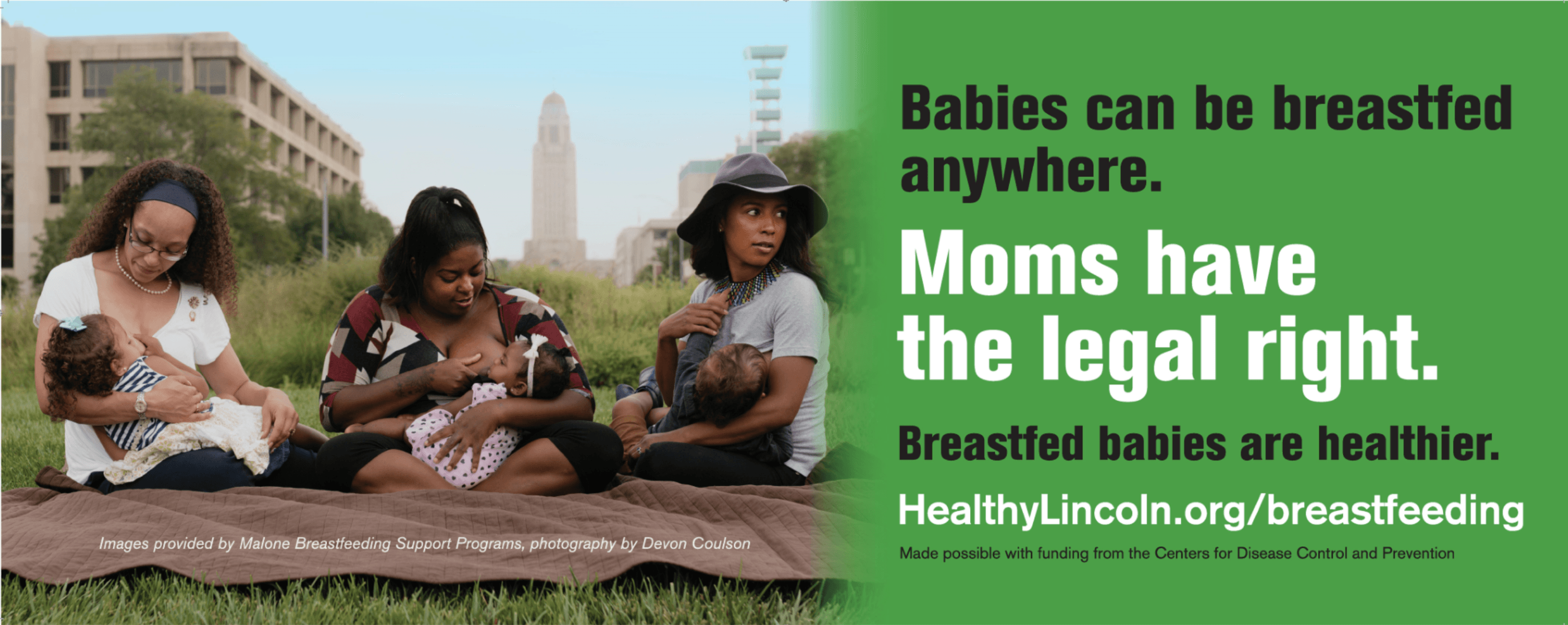
Returning to Work
Returning to work while breastfeeding can require some adjustment but can be successfully accomplished. First of all, know the law:
PUMP Act
In 2022, PUMP for Nursing Mothers Act (“PUMP Act”) was passed that makes several important changes to the Break Time for Nursing Mothers law, which has required since 2010 that employers nationwide provide reasonable break time and a private, non-bathroom space for lactating employees to pump milk during the workday. The 2022 PUMP Act was passed to close some of the loopholes in the original 2010 law. It expands the legal right to receive pumping breaks and private space to nearly 9 million more workers, including teachers, registered nurses, farmworkers, and many others.
- Makes it possible for an employee to file a lawsuit against an employer that violates the law. Before the PUMP Act became law, employees who were harmed when their employer did not provide break time and space were not able to seek a monetary remedy in court.
- Clarifies that pumping time counts as time worked when calculating minimum wage and overtime if an employee is not completely relieved from their work duties during the pumping break.
Under the Break Time for Nursing Mothers law, as updated by the PUMP Act, employers of ALL sizes are required to provide a reasonable amount of break time and a clean, private space for lactating workers to express milk for up to one year following the birth of the employee’s child. The pumping space cannot be a bathroom. These protections apply regardless of the employee’s gender. Download informational flyer about the Pump Act and Break Time for Nursing Mothers law. Download a one-page fact sheet from the Nebraska Breastfeeding Coalition.
Nebraska Fair Employment Practice Act LB 627 (FEPA):
Effective August 30, 2015, Nebraska companies with 15 or more salaried or hourly employees must comply to making reasonable accommodations for break time and appropriate facilities for breastfeeding or expressing breast milk.
Under the Nebraska FEPA, breastfeeding moms are now a protected class similar to race and disability. Employers cannot discriminate on the basis of color, national origin, religion, sex, disability, marital status, and now an individual who’s pregnant, given birth or has a related medical condition (breastfeeding).
Discrimination includes not making “reasonable accommodations” for breastfeeding employees including time off to recover from childbirth or break time and appropriate facilities for breastfeeding or expressing milk.
Fair Labor Standards Act (FLSA) 2010
The FLSA is a federal law applying to any company of 50 or more employees with regard to lactation support. Under this law, an employer shall provide:
- a reasonable break time for an employee to express breast milk for her nursing child for 1 year after the child’s birth each time such employee has need to express the milk
- a place, other than a bathroom, that is shielded from view and free from intrusion from co-workers and the public, which may be used by an employee to express breast milk. An employer shall not be required to compensate an employee for pumping breaks unless they are already providing compensated breaks.
Speak to your employer during your pregnancy to understand their policies and find out what accommodations they can make for expressing and storing your milk safely, privately, and in a clean environment. Mothers who breastfeed miss less work to care for sick infants than mothers who feed their infants formula. Employer medical costs are also lower. Benefits for employers include higher productivity, lower health care costs, decreased absenteeism, higher loyalty, lower turnover rates, better job satisfaction, and enhanced overall company image and recruiting benefits.
Work with your employer to find a suitable solution. You can assist your employer by referring them to our resource page for employers. If your employer is non-compliant with federal law, find help here.
Helpful Resources for Returning to Work, School
Breast Pumps
- MilkWorks
- LLCHD WIC
Classes on Returning to Work or School
- MilkWorks
US Dept of Health & Human Services
The Business Case for Breastfeeding, An Employee's Guide for Returning to Work (downloadable document)
Childcare Considerations While Breastfeeding
When a mother must be separated from her baby, it is important that baby’s caregiver (dad, family members, day care providers) understand how to handle and store human milk, as well as tips on introducing baby to a bottle or cup. Tips for Childcare Providers.
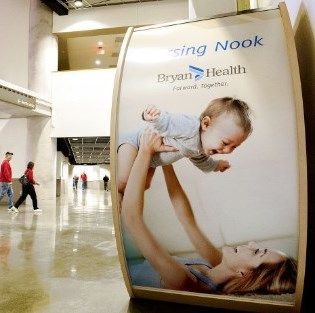
Breastfeeding in Public
Know the law. Nebraska has laws that protect your right to breastfeed in public:
Nebraska State Statute LB 197- Allow Breastfeeding as Prescribed
Nebraska was one of the last remaining states to pass a law in 2011 that gives a woman the legal right to breastfeed her child in any public or private location where the mother is otherwise authorized to be.
Sometimes our society is uncomfortable being reminded of the original function of breasts, which is to feed a child. But public perception is improving. For example, “Nursing Nooks”, portable, private space for nursing mothers are now available in some public places, like the Pinnacle Bank Arena, for moms who attend events at the arena. Any type of public support for breastfeeding removes barriers and has the potential to make it easier for mothers to breastfeed.
